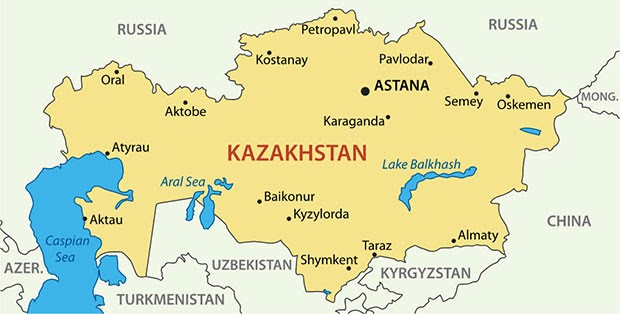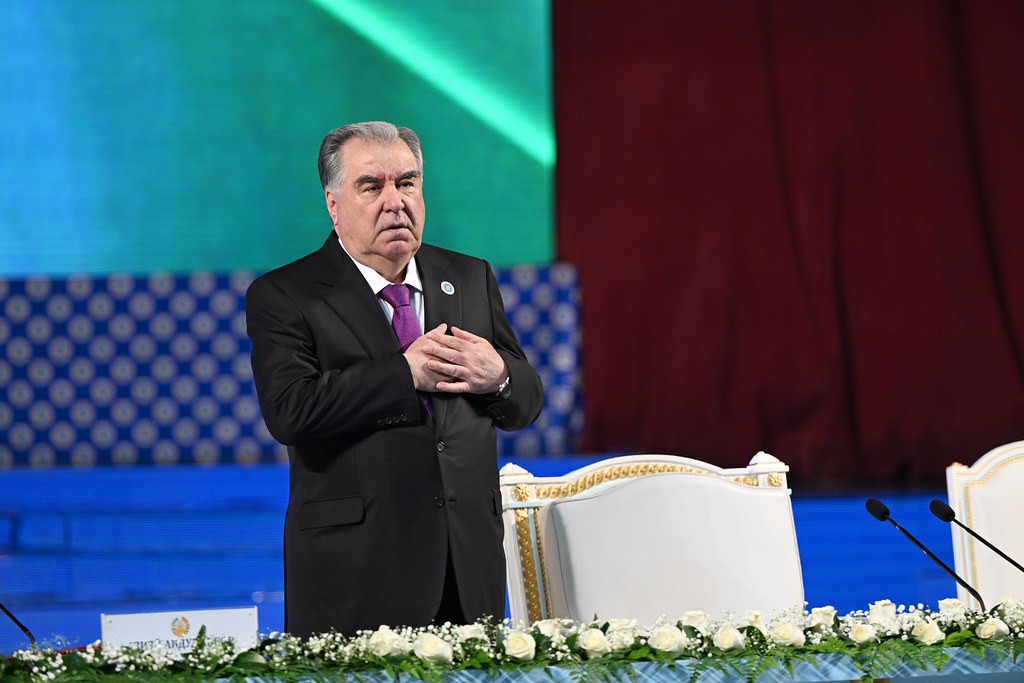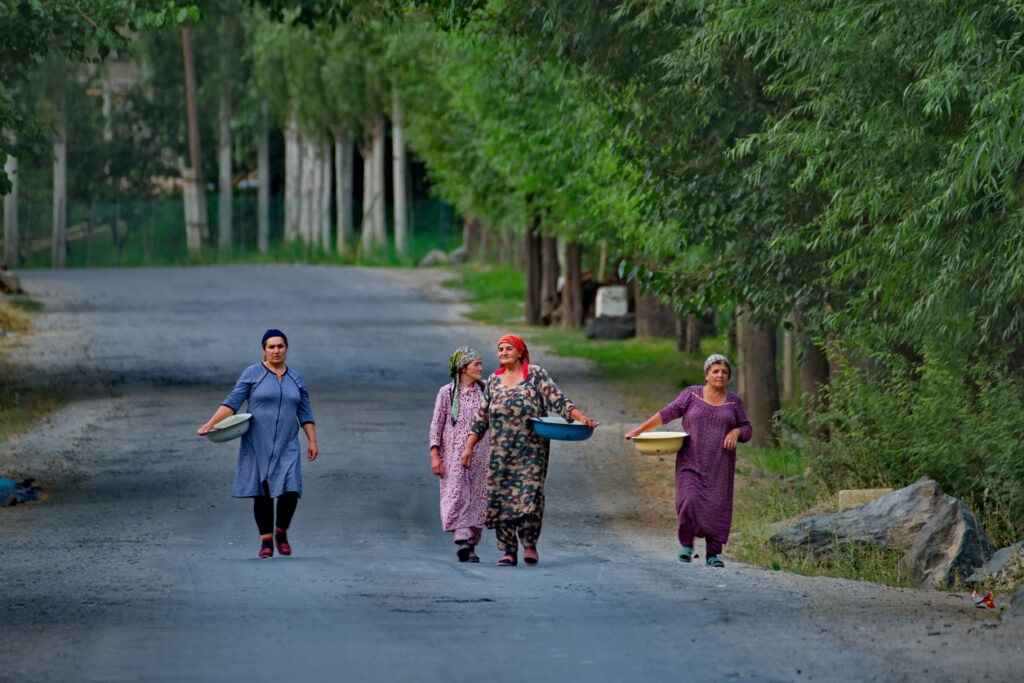ASTANA (TCA) — President Nursultan Nazarbayev in his Address to the People of Kazakhstan “Growing Welfare of Kazakh Citizens: Increase in Incomes and Quality of Life” announced specific orders for improving the social and economic welfare of the population, which entered into force on January 1, 2019, the official website of the Prime Minister of Kazakhstan reports.
Increasing incomes
First of all, at the instruction of the President of Kazakhstan, the minimum wage rises 1.5-fold, and the determination of its size will not be tied to the subsistence minimum. From 2019 the minimum wage will be 42,500 tenge. The increase directly affects 1 million 300 thousand people who work in all sectors of enterprises of various forms of ownership and covers 275 thousand employees of state-financed organizations, with salaries increasing by an average of 35%.
Increasing the solidarity pension
According to the Ministry of Labor and Social Protection, from January 1 the solidarity pension has increased by 7%, the base pension — by 5%. Thus, the minimum joint pension from Jan. 1, 2019 is 36,108 tenge, the minimum base pension is 16,037 tenge.
By adding together the minimum solidary, basic and cumulative components, the minimum aggregate amount of pensions will be equal to 68,182 tenge.
Development of mass entrepreneurship
Starting from 2019, an additional 30 billion tenge will be allocated annually to subsidize priority projects of entrepreneurs. Domestic enterprises will be asked to master a wide range of consumer goods, that is, to develop the so-called “economy of simple things.” This is important not only for realizing the export potential, but also for saturating the domestic market with domestic goods.
The participants in the first direction of the Program are entrepreneurs who implement and plan to implement their own and effective projects in rural areas, small towns and single-industry towns without industry restrictions. The participants of the second direction of the Program are effective entrepreneurs of industrial and innovation activity, implementing and planning to implement their own projects in priority sectors of the economy within the framework of the Business Road Map 2020, as well as in priority manufacturing industries and certain types of services identified by the State Program of Industrial-Innovative Development.
An impetus to the development of entrepreneurship will also be given by a “tax amnesty,” under which penalties and fines from personal accounts of taxpayers as of Oct. 1, 2018 will be written off, subject to payment of arrears, existing as of October 1, 2018.
Activities include an amnesty for small and medium-sized businesses in order to improve the business climate. Amnesty will be an effective mechanism to support entrepreneurs and will be an incentive for the payment of the principal debt and complete relief from the tax burden.
According to preliminary data, the number of taxpayers subject to amnesty is 90,077.
Reducing shadow economy
The Head of State announced the need to strengthen the fight against the shadow economy with a decrease of at least 40% over three years.
In this regard, the Government approved a plan of measures to counter the shadow economy for 2019-2021.
In general, the emphasis on business withdrawal from the “shadow” is based on the digitalization of tax and customs administration and their integration, including the implementation of initiatives under the project “Increasing tax collection.”
According to the Ministry of Finance, the Action Plan is aimed at stimulating business and enhancing work on the withdrawal of small and medium-sized businesses from the “shadow,” increasing the share of non-cash turnovers, improving tax and customs policy, and legislation on public procurement.
The measures taken will reduce the turnover in the shadow economy, increase tax revenues to the budget and will contribute to the country’s socio-economic development.









